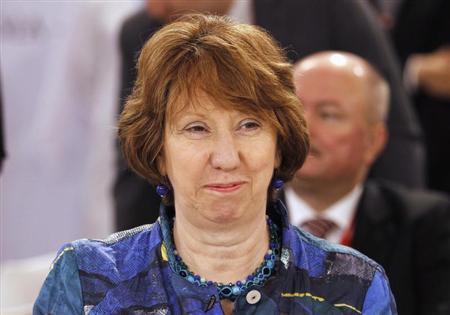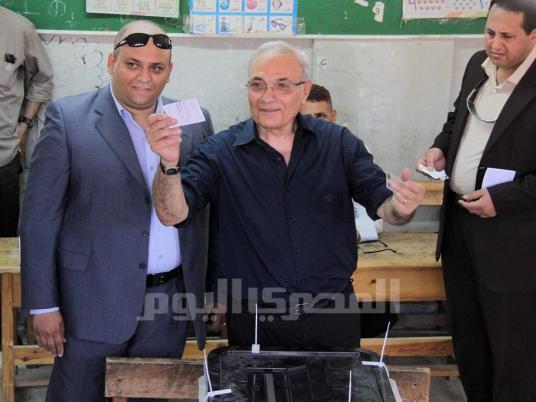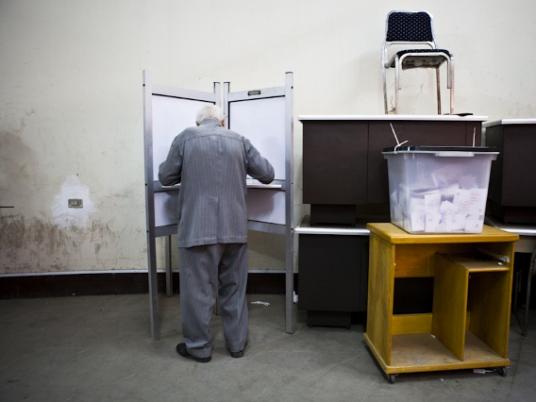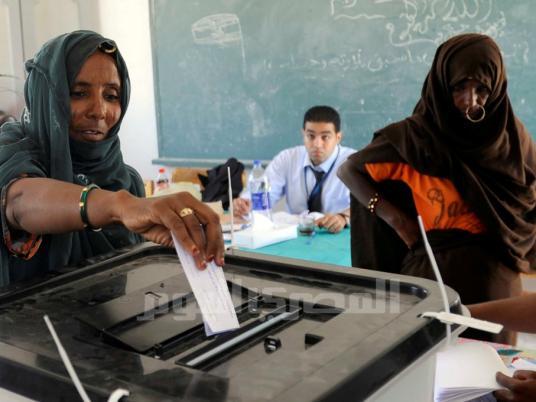Egyptian authorities have finally allowed observers of this week's presidential election to start work, monitoring groups said on Tuesday, too late for them to draw a full picture of Egypt's first genuine leadership contest.
Fair, trouble-free voting on Wednesday and Thursday would help the winner establish his authority after 15 months of turbulent military rule since the overthrow of Hosni Mubarak during a wave of Arab uprisings last year.
There have been few reports of the violence and intimidation by hired thugs that helped secure crushing election wins for Mubarak and his allies for decades, and Egyptians are looking forward to a vote whose outcome is not a foregone conclusion.
But the official start of campaigning early this month was marred by deadly clashes in Cairo between troops and opponents of army rule, and some presidential hopefuls were disqualified at the last minute, sparking protests.
Egyptians hope the vote will mark an end to the political turmoil and instability that dashed early expectations of a swift improvement in their lives after Mubarak's downfall.
Opinion polls, a largely untested exercise in Egypt, have varied widely but suggest the front-runners are two Mubarak-era figures — Amr Moussa and Ahmed Shafiq — and two Islamists — the Muslim Brotherhood's Mohamed Morsy and Abdel Moneim Abouel Fotouh, who was ejected from the movement last year.
Leftist Hamdeen Sabbahi is a dark horse in the race with a growing following among young revolutionaries and workers.
A win for Shafiq, the last prime minister under Mubarak and like him a former air force commander, could spark a backlash by pro-democracy forces fearing a return to autocratic rule.
Morsy, with the backing of a formidable vote-winning machine that already secured the Brotherhood the most seats in Parliament, says he can win outright in the first round.
If no candidate wins more than 50 percent in the first round, the top two vote-getters will fight a runoff in June. The army has pledged to hand power to the new president by 1 July and insists it is not siding with any candidate.
Frustrating delays
Many international monitors arrived in April but waited weeks for the necessary paperwork, forcing them to miss most of an election campaign enlivened by mass rallies, vigorous canvassing and Egypt's first televised presidential debates.
"We could not really assess the pre-electoral period as we did not have the accreditation," said Justin Doua, field director for the Electoral Institute for Sustainable Democracy in Africa (EISA), one of three foreign groups checking the vote.
Another, the Carter Center, said last week the delay in getting badges meant its monitors could not observe candidate and voter nominations or campaigning, which ended on Sunday.
The center, founded by former US President Jimmy Carter with a remit to promote peace, democracy and public health, said on Tuesday it had now received its monitoring badges.
But a network of Arab monitors named Maat — after an ancient Egyptian goddess who personified truth, morality and justice — said some of its staff had still not received theirs.
EISA has sent its 33 witnesses out to 15 provinces and they reported some minor disorder during electoral meetings but no major clashes between rival campaigns, Doua said.
The Carter Center has also complained of state election committee rules limiting the time monitors can spend in polling stations and barring them from commenting on the process until results are announced.
Fewer international groups will be monitoring the vote than during a parliamentary election, whose final stage in January was overshadowed by a judicial crackdown on several civil society groups accused of receiving illegal foreign funds.
The election committee has accredited 9,700 monitors from 54 foreign and local groups for the presidential election, said Hazem Mounir of the election unit at Egypt's National Council for Human Rights, far fewer than in the parliamentary vote.
Another local monitor group, the Egyptian Association for Community Participation Enhancement, said it would pull out because of the strictures imposed by the election committee.
"Foreign monitors will be false witnesses because they should have monitored the whole process starting from candidate applications," said a member of the association, Ahmed Fawzy.
"The election is not free because of political wrangling and the violence in the streets."
Mounir agreed it was wrong to restrict the activities of the monitors but said a boycott was not the solution.
"Who are you punishing when you boycott the monitoring?" he asked. "The state, or the people who want the assurance of guarantees for a fair vote?"




